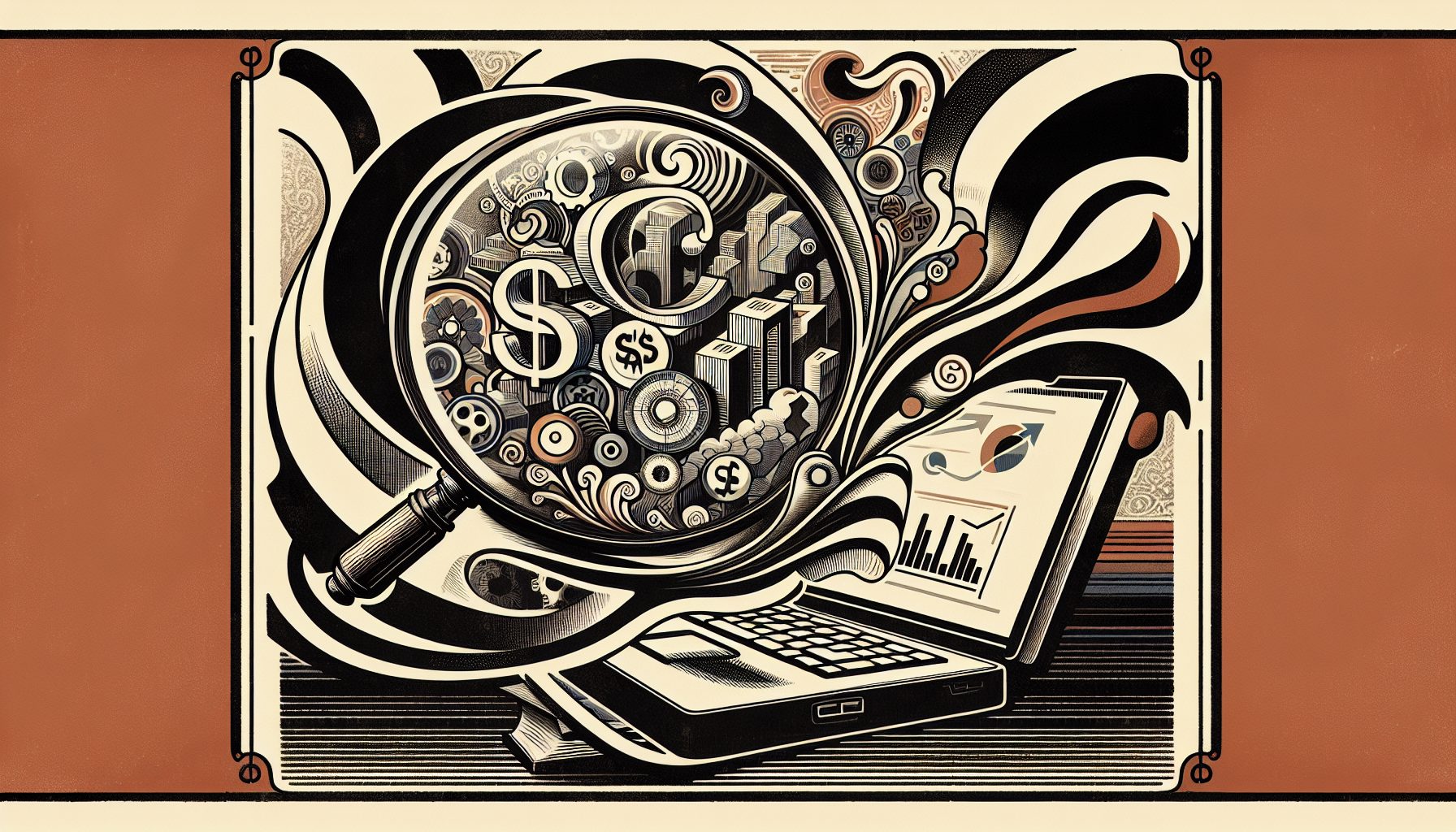Global supply chain struggles are forcing businesses to rethink their strategies. Factors like the Covid-19 pandemic, changing freight prices, failing infrastructure, and Panama Canal droughts have businesses turning towards more eco-friendly and localized production models. This increased environmental consciousness in supply chain management is also supported by consumer trends favoring sustainable products. With proper planning and innovation, these challenges present opportunities for businesses to create more robust, resilient, and sustainable supply chains.
The outdated systems of business sectors including manufacturers, shippers, and third-party logistics are also being modernized thanks to supply chain startups. However, issues like managing the flow of funds, coordinating multiple stakeholders, complex payment processes, and slow payment cycles are still causing financial bottlenecks. The need for digital transformation is clear. Technologies such as blockchain, AI, big data and machine learning can help streamline operations, manage funds, and provide transparency. Although this transformation requires multiple parties’ involvement and patience, the potential benefits including cost savings, improved efficiency, and customer satisfaction make the effort worthwhile.
Despite traditional industries moving slowly towards financial services after adopting SaaS products, experts believe incorporating these services directly into supply chains could greatly improve data management. Top software companies are proposing solutions for financial operations, using advanced algorithms and machine learning technology. These tools can help businesses make data-informed decisions and increase transparency. Automating financial transactions also reduces financial mismanagement. The combination of these features could greatly improve supply chain efficiency and control over operational expenditure.
Addressing supply chain challenges through eco-friendly innovations
In the supply chain, transactions are complex due to industry-specific issues like regional variations in financial systems, delivery delays, lack of technological connectivity, trust issues with new partners, and complications in managing and analyzing unstructured data. Variations in regional regulatory requirements can also complicate transactions and increase potential for errors and fraud. To overcome these challenges, businesses must invest in advanced technology for streamlined processes and effective communication. They must also work to build trust between different supply chain entities and have contingency plans in place for unexpected events.
Industry experts see potential in integrating financial technology (fintech) into the supply chain ecosystem. This could improve efficiency, reliability, and sustainability of international supply chains. It could also provide a framework for optimizing payment methods, enhancing real-time visibility, and supporting data analytics. Fintech could reduce bureaucratic barriers and speed up transactions. It provides businesses with the means to keep up in the fast-moving digital economy while improving their resilience and agility. It also promotes a more sustainable and green supply chain by improving resource allocation.
The future of supply chain innovation likely lies in the combination of fintech and AI. AI could devise solutions to handle unstructured data challenges, improving the financial services aspect of global supply chains. This strategic merger, though likely not noticeable to customers, could lead to more reliable delivery times and revolutionize supply chain operations.








